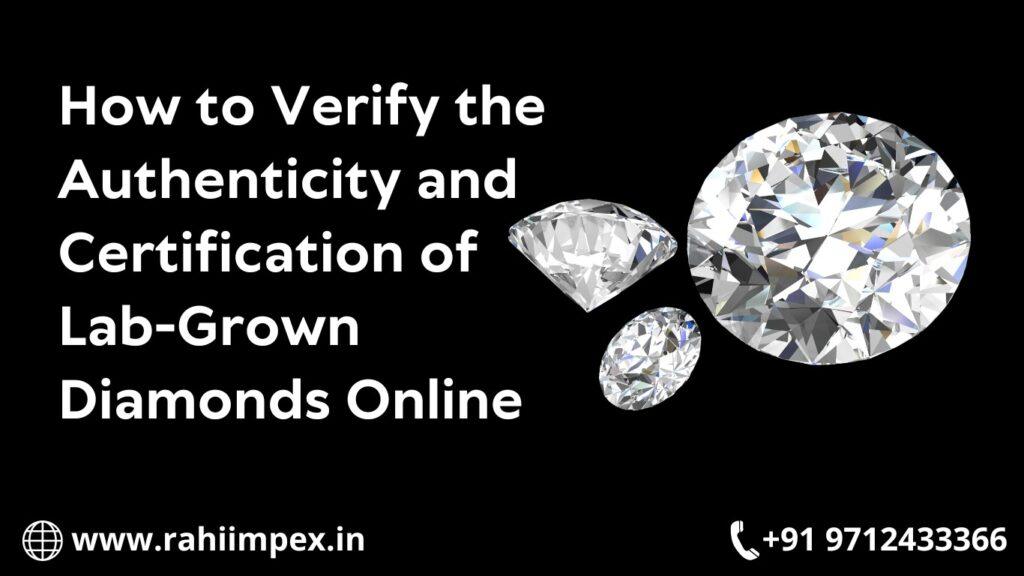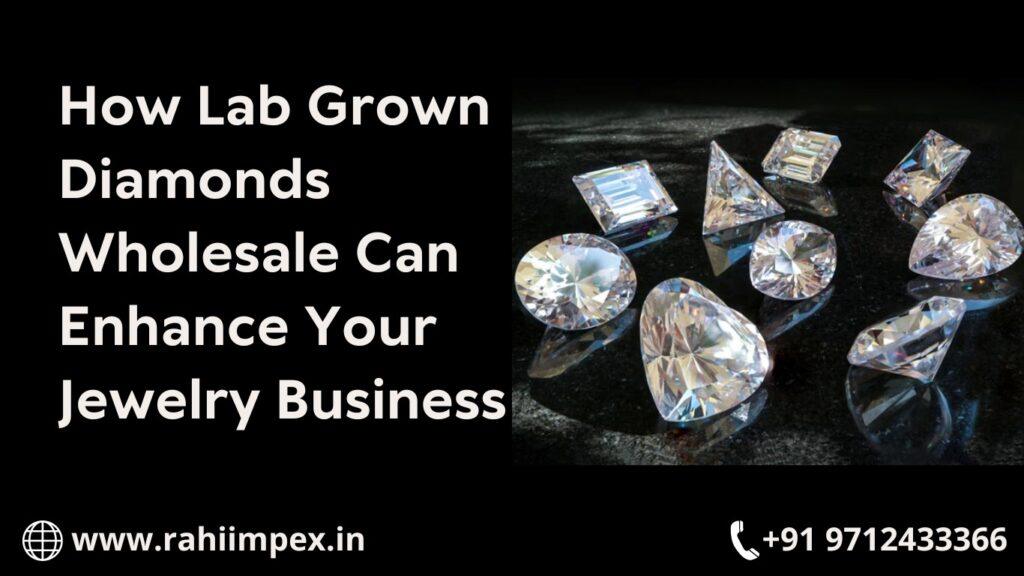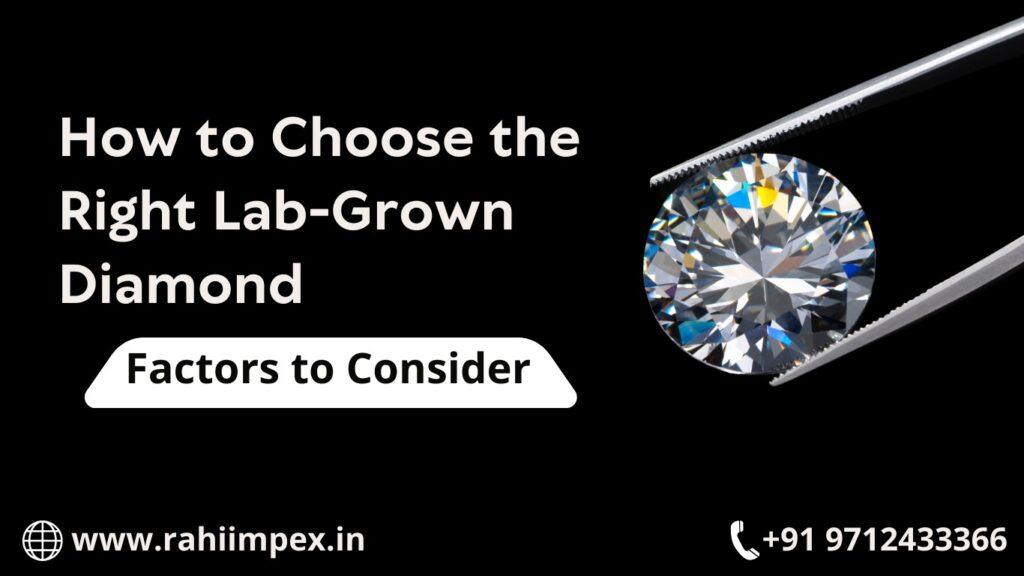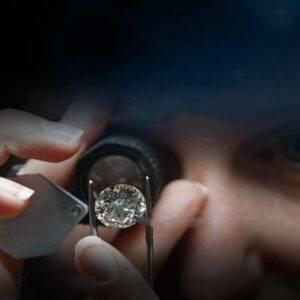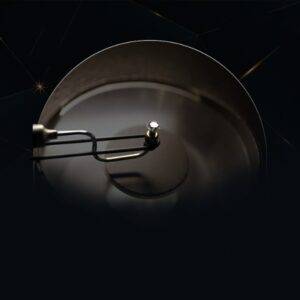How to Verify the Authenticity and Certification of Lab-Grown Diamonds Online
When purchasing a lab grown diamond, ensuring its authenticity and certification is paramount. Lab-grown diamonds offer a sustainable and ethical alternative to mined diamonds, but like any valuable purchase, it’s essential to verify the product’s authenticity. In this guide, we’ll explore how to verify the authenticity and certification of lab grown diamonds online, empowering you to make informed and confident decisions when buying these exquisite gems.
Check the Certification
When verifying the authenticity of a lab-grown diamond online, start by checking its certification. Reputable gemological laboratories, such as the Gemological Institute of America (GIA), International Gemological Institute (IGI), and American Gem Society (AGS), issue certifications for diamonds. These certifications provide detailed information about the diamond’s characteristics, including its cut, clarity, color, and carat weight, as well as its origin and any treatments it may have undergone. To verify the certification, visit the respective laboratory’s website and use their online verification tool. Enter the certificate number provided with the diamond to confirm its authenticity and ensure you’re purchasing a genuine lab-grown diamond.
Research the Seller
Researching the seller is crucial when verifying the authenticity of a lab grown diamond. Look for reviews and ratings from previous buyers to assess the seller’s reputation. Reputable sellers will have a track record of selling genuine lab-grown diamonds and providing excellent customer service. Check if the seller is affiliated with industry organizations or if they have certifications that validate their authenticity. Additionally, look for sellers who provide detailed information about the diamonds they sell, including their origin and certification. A trustworthy seller will be transparent and willing to answer any questions you may have about the diamond’s authenticity.
Ask for Additional Information
When verifying the authenticity of a lab-grown diamond, don’t hesitate to ask the seller for additional information. Request details about the diamond’s origin, growth method, and any additional certifications or guarantees. A reputable seller will be transparent and willing to provide you with the information you need to make an informed decision. If the seller is unable or unwilling to provide this information, it may be a red flag indicating that the diamond is not genuine. By asking for additional information, you can verify the authenticity of the lab-grown diamond and ensure that you are purchasing a high-quality, ethically sourced gem.
Compare Prices
Comparing prices is a crucial step when verifying the authenticity of a lab-grown diamond. Lab-grown diamonds are typically priced lower than natural diamonds, but prices can still vary based on factors such as size, quality, and seller reputation. If the price of a lab-grown diamond seems too good to be true, it could be a sign that the diamond is not genuine. Compare prices from different sellers to get an idea of the market value for lab-grown diamonds of similar quality. Be wary of sellers offering significantly lower prices, as this may indicate that the diamond is not a genuine lab-grown diamond.
Consult a Professional
Consulting a professional gemologist or jeweler is an excellent way to verify the authenticity of a lab-grown diamond. A trained professional can examine the diamond and its certification to determine if it is genuine. They can also provide valuable insights into the diamond’s characteristics and value. If you’re unsure about the authenticity of a lab-grown diamond, schedule a consultation with a reputable gemologist or jeweler. They can offer expert advice and guidance to help you make an informed decision. This extra step can provide peace of mind and ensure that you’re purchasing a genuine lab-grown diamond.
Buy from Reputable Sources
When purchasing a lab-grown diamond, it’s crucial to buy from reputable sources. Look for established jewelers or online retailers with a track record of selling genuine lab-grown diamonds. Check reviews and ratings from other buyers to ensure the seller has a reputation for selling authentic products and providing excellent customer service.
Check the Return Policy
Checking the return policy is essential when buying a lab-grown diamond online. Ensure the seller offers a clear and fair return policy in case you’re not satisfied with the diamond. Look for details on how to return the diamond, any restocking fees, and the timeframe for returns. A reputable seller will have a transparent return policy that protects your investment and gives you peace of mind. If the seller’s return policy is unclear or restrictive, consider purchasing from a different seller who offers a more favorable return policy.
Conclusion
Verifying the authenticity and certification of lab-grown diamonds online is a crucial step to ensure you’re getting a genuine and high-quality product. By following the steps outlined in this guide, such as checking the certification, researching the seller, and consulting professionals, you can confidently purchase a lab-grown diamond that meets your expectations. Remember to buy from reputable sources, compare prices, and check the return policy to protect your investment. With these tips in mind, you can enjoy the beauty and benefits of lab-grown diamonds with peace of mind.
How to Verify the Authenticity and Certification of Lab-Grown Diamonds Online Read More »
